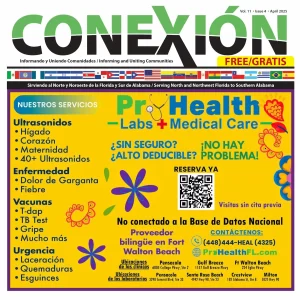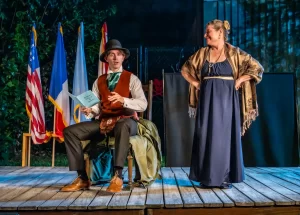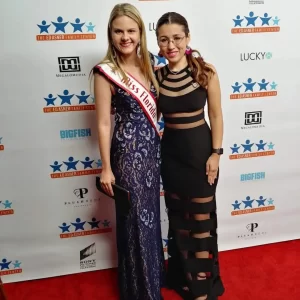The Department of Economic Opportunity and its Role in Fighting Human Trafficking
Human trafficking is a form of modern day slavery which is criminalized under both federal and Florida law. It is defined as the transporting, soliciting, recruiting, harboring, providing, or obtaining of another person for transport; for the purposes of forced labor, domestic servitude or sexual exploitation using force, fraud and/or coercion. Florida is the third most popular destination for human traffickers in the United States. As an agricultural state, human trafficking in labor to work in our fields has been identified as an issue for many years. It has occurred in our tomato fields in Immokalee and our potato fields in Palatka, just to name a couple of instances. However, as a tourism-based economy, Florida is also ripe for trafficking in labor to work at restaurants, country clubs and hotels.
Because the Department of Economic Opportunity (DEO) operates a migrant and seasonal farmworker outreach program and is involved with the review process of the H-2A and H-2B temporary visa programs, it plays an important role in the fight against human trafficking. The H-2 visa programs allow foreign workers the opportunity to work temporarily in the United States performing low-skilled jobs. Unfortunately, these programs are sometimes abused by employers who utilize the program to bring people under the false pretense of a well-paying job and then forcing them into unpaid labor or sex trafficking.
Marisela Garcia, DEO’s Senior Monitor Advocate, is an advocate for migrant and seasonal farmworkers and oversees the statewide Migrant and Seasonal Farmworker outreach program. She also provides oversight of Florida’s CareerSource centers’ complaint system for workers to file complaints against their employers for abuse or violation of their rights. The Department also houses the Florida Farmworker Helpline for farmworkers to call to report abuses in the agricultural fields.
DEO Initiatives
DEO provides training to local CareerSource staff to bring awareness on human trafficking and on the indicators of a possible victim. Ms. Garcia has provided training in person and also created an online training module for staff to view from the comfort of their own office. DEO migrant and seasonal farmworker outreach staff have all received training and materials to distribute during outreach to farmworkers. Human trafficking awareness posters are provided to CareerSource staff to post in centers and to employers, especially those that participate in the H-2A Temporary Agricultural Program to display in their migrant labor housing. Ms. Garcia also speaks on the issue of human trafficking during outreach events and community presentations that she is invited to.
Ms. Garcia represents the agency at the Big Bend Coalition Against Human Trafficking (BBCAHT) and the Florida Human Trafficking Interagency Workgroup. The BBCAHT covers much of the Big Bend area of the state. Through BBCAHT, DEO participated in Tally Fiesta 2015 at Kleman Plaza in downtown Tallahassee and staffed an informational booth. Information was distributed to the public to bring awareness on the issue of human trafficking. Other members who participated were the U.S. Attorney’s office, Florida Department of Health, the Florida State University Center for the Advancement of Human Rights, Leon County Sheriff’s Office, and Florida Department of Juvenile Justice. The Coalition will be hosting several community awareness events during the month of January to celebrate Human Trafficking Awareness Month.
To report abuse in the agricultural fields, please call the Florida Farmworker Helpline at 800-633-3572.
To report possible human trafficking, please call 911, or
Florida Abuse Hotline: 800-962-2873 (for victims who are minors), or
National Human Trafficking Resource Center: 888-373-7888.
To learn about becoming a part of BBCAHT, please contact the U.S. Attorney’s Office at 850-942-8430.


